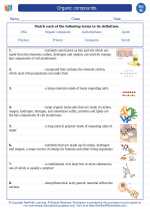Resource Extraction
Resource extraction refers to the process of obtaining natural resources from the Earth for human use. This process involves various methods and techniques to extract resources such as minerals, fossil fuels, water, and timber. Resource extraction is an essential part of human civilization, as these natural resources are utilized in various industries and for meeting the needs of the growing population.
Types of Resource Extraction
- Mining: This involves the extraction of minerals and other geological materials from the Earth. Mining methods include surface mining, underground mining, and placer mining.
- Drilling: Drilling is used to extract fossil fuels such as oil and natural gas from underground reservoirs. This process involves the use of drilling rigs and specialized equipment.
- Logging: Logging is the process of cutting and transporting trees for timber and wood products. It involves the use of machinery and logging equipment.
- Water Extraction: Water extraction involves the withdrawal of groundwater or surface water for various purposes such as irrigation, industrial use, and drinking water supply.
Environmental Impact
Resource extraction can have significant environmental impacts, including habitat destruction, soil erosion, water pollution, and deforestation. It can also contribute to air and water pollution, greenhouse gas emissions, and loss of biodiversity. Sustainable resource extraction practices and environmental regulations are essential for minimizing these impacts and preserving natural ecosystems.
Study Guide
When studying resource extraction, it's important to understand the following key points:
- Identify the different types of resource extraction methods and their applications.
- Explain the environmental impact of resource extraction on ecosystems and natural habitats.
- Discuss the importance of sustainable resource extraction practices and the role of environmental regulations in mitigating the impact of resource extraction.
- Explore the economic and social implications of resource extraction on local communities and indigenous populations.
- Consider the future challenges and opportunities in resource extraction, including technological advancements and alternative sources of energy and materials.
By understanding these key points, you will gain a comprehensive knowledge of resource extraction and its implications for the environment and society.
Good luck with your studies!
[Resource Extraction] Related Worksheets and Study Guides:
.◂Science Worksheets and Study Guides Eighth Grade. Organic compounds
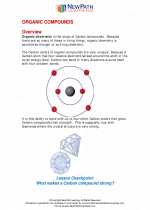
 Worksheet/Answer key
Worksheet/Answer key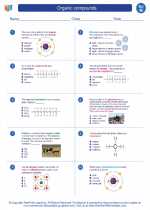
 Worksheet/Answer key
Worksheet/Answer key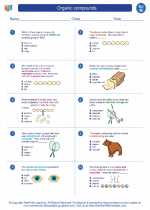
 Worksheet/Answer key
Worksheet/Answer key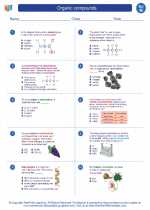
 Vocabulary/Answer key
Vocabulary/Answer key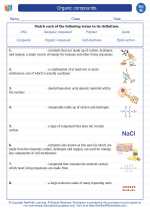
 Vocabulary/Answer key
Vocabulary/Answer key